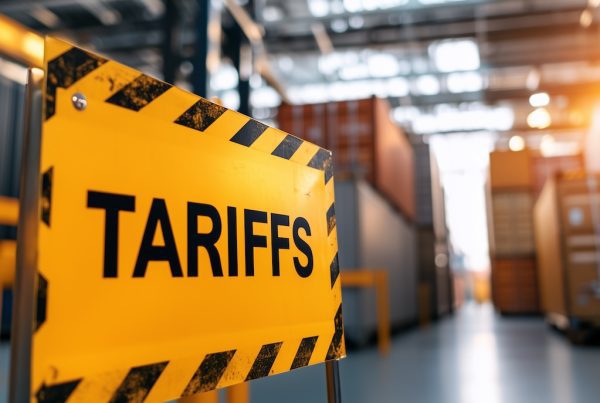The holiday season is a time of joy, celebration, and unfortunately, increased cyber threats. As we all gear up for festivities, cybercriminals are equally busy plotting their malicious activities. The holiday season presents a lucrative opportunity for hackers, but with the right precautions in place, organizations can ensure a secure and joyful season.
Here are three reasons why hackers love the holiday season:
- Increased Online Activity: As people shop for gifts, take advantage of holiday discounts, and engage in festive online events, there’s a significant uptick in internet traffic. Cybercriminals exploit this surge, targeting unsuspecting users with phishing emails, fake websites, and malicious advertisements. The sheer volume of online transactions and communications creates a vast pool of potential targets for attackers.
- Remote Work: The holiday season often witnesses a rise in remote work, as employees take time off or work from home to spend the festive season with their families. Remote work introduces additional vulnerabilities, as employees may use personal devices or less secure networks. Cybercriminals capitalize on these weak points, infiltrating corporate networks through unsecured connections or compromised devices.
- Holiday Distractions: With holiday festivities and year-end deadlines, individuals and organizations may overlook basic cybersecurity practices. Employees might be more prone to clicking on suspicious links or downloading malicious attachments in the midst of holiday chaos. Cybercriminals exploit these distractions to launch attacks like ransomware or phishing campaigns, aiming to compromise sensitive information.

To safeguard your organization from holiday cyber threats, it’s important to keep cybersecurity at the top of your list. Here are some strategies to protect your organization during the festive season:
- Employee Training and Awareness: Educate your staff about the increased risks during the holidays. Conduct training sessions on identifying phishing attempts, recognizing suspicious emails, and adhering to cybersecurity best practices. Awareness is the first line of defense.
- Use Multi-Factor Authentication (MFA): Implementing MFA adds an extra layer of security by requiring users to verify their identity through multiple steps. This makes it significantly harder for attackers to gain unauthorized access.
- Regular Software Updates and Patch Management: Ensure that all software and systems are up-to-date with the latest security patches. Cybercriminals often exploit vulnerabilities in outdated software, and regular updates help close these loopholes.
- Secure Remote Work Environments: If your organization allows remote work during the holidays, ensure that employees follow secure practices. This includes using virtual private networks (VPNs), encrypting communications, and avoiding the use of personal devices for work-related tasks.
- Robust Endpoint Security: Deploy and maintain reliable antivirus and anti-malware solutions on all devices connected to your organization’s network. This helps detect and mitigate potential threats before they can cause damage.
- Incident Response Plan: Have a well-defined incident response plan in place. In the event of a cyber attack, a clear and practiced plan can minimize the impact on your business and allow for a quick recovery.
By understanding the reasons behind the increase in cyber attacks during the holidays and implementing proactive cybersecurity measures, businesses can ensure a safe and secure festive season.
About Atlantic, Tomorrow’s Office
Atlantic is an award-winning office technology and IT solutions company providing Imaging Products, IT Support, Document Management, Cybersecurity and Managed Services to small and large companies in the New York City metropolitan area, and the Greater Philadelphia and Delaware Valley.
For the latest industry trends and technology insights visit ATO’s main Blog page.




